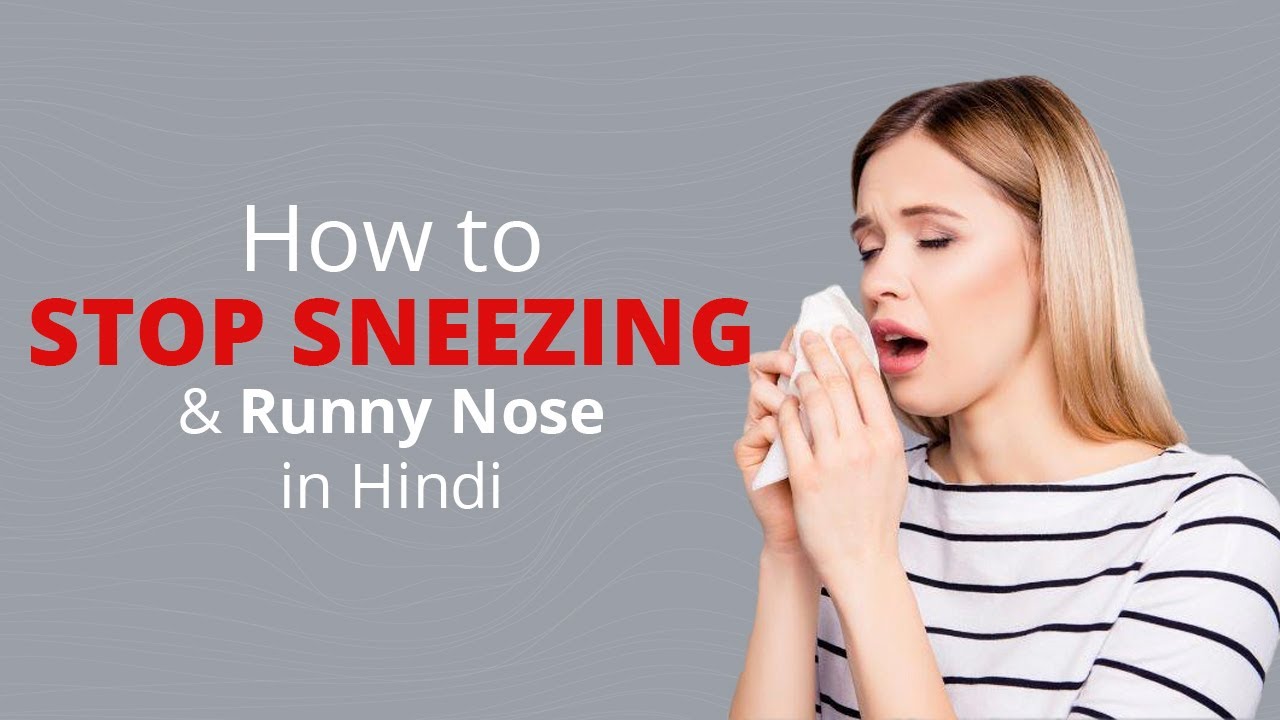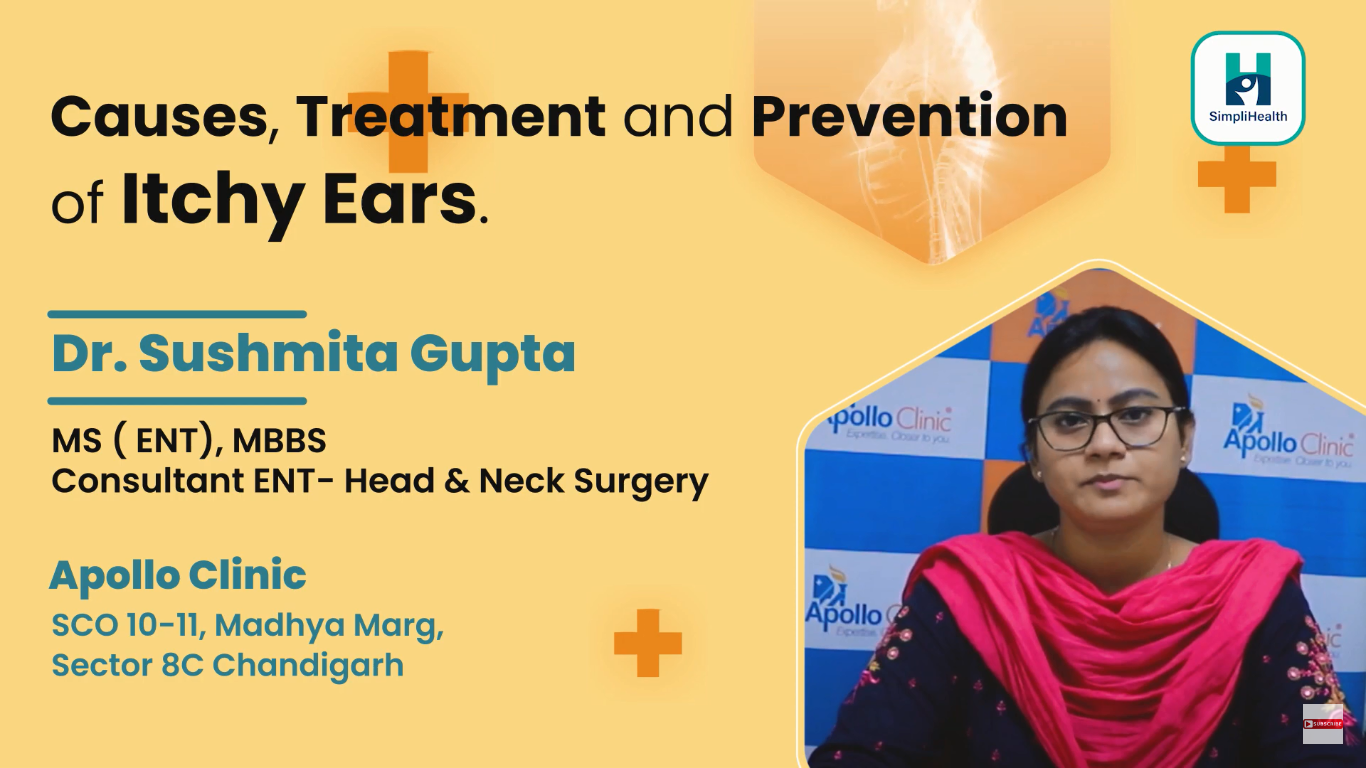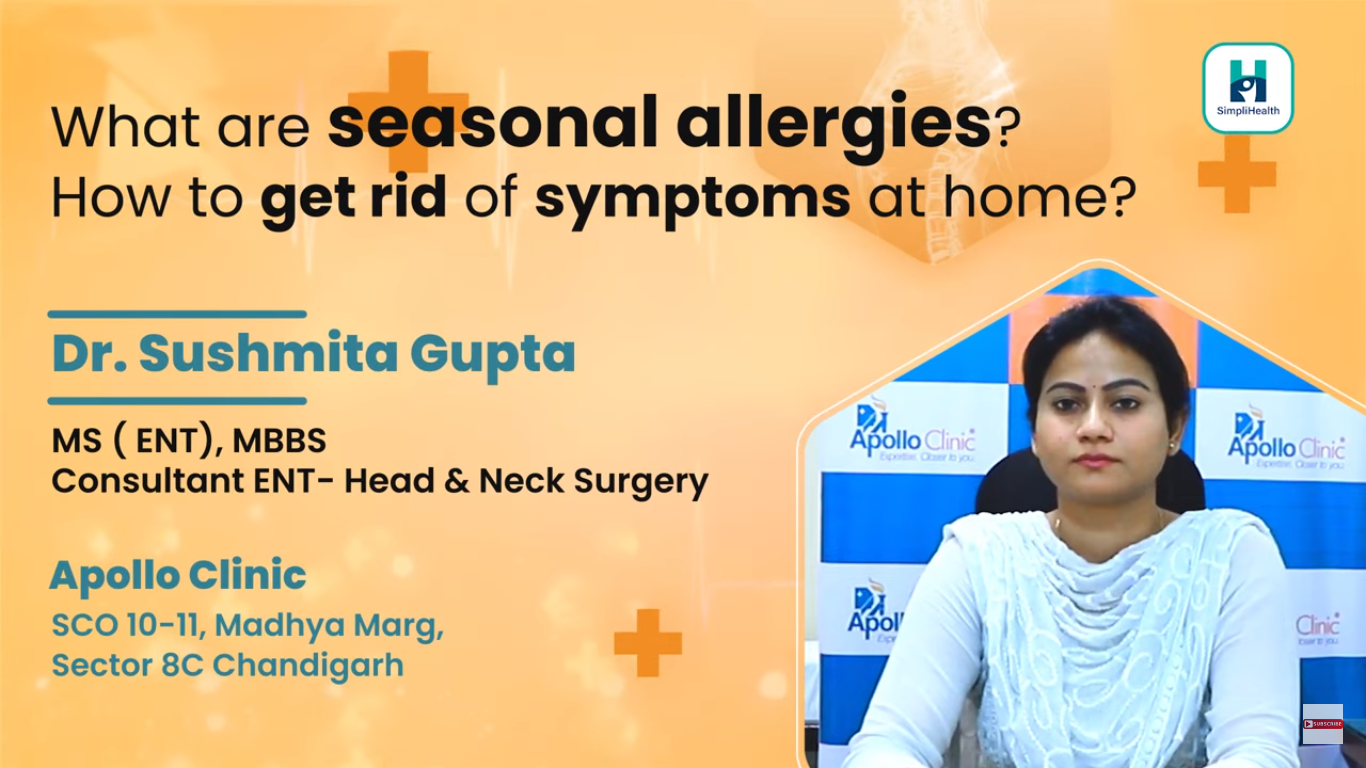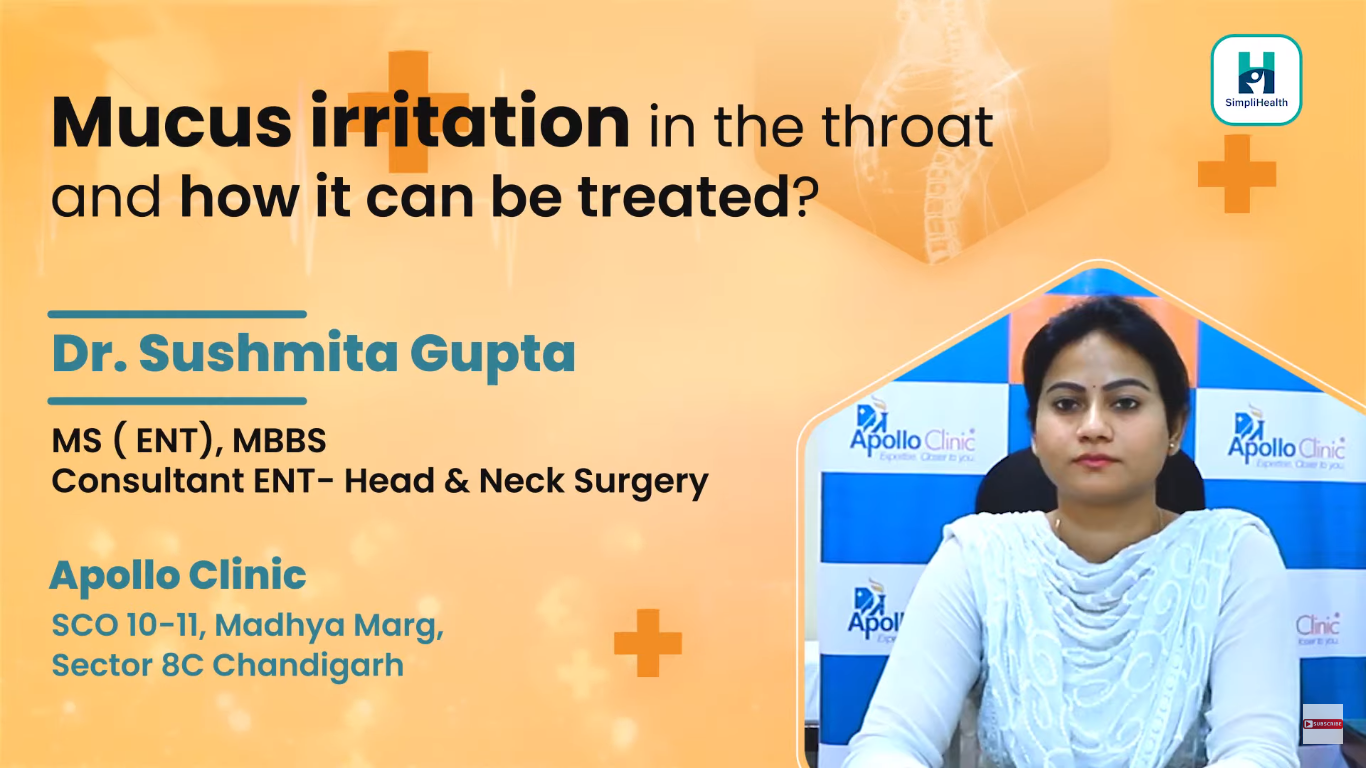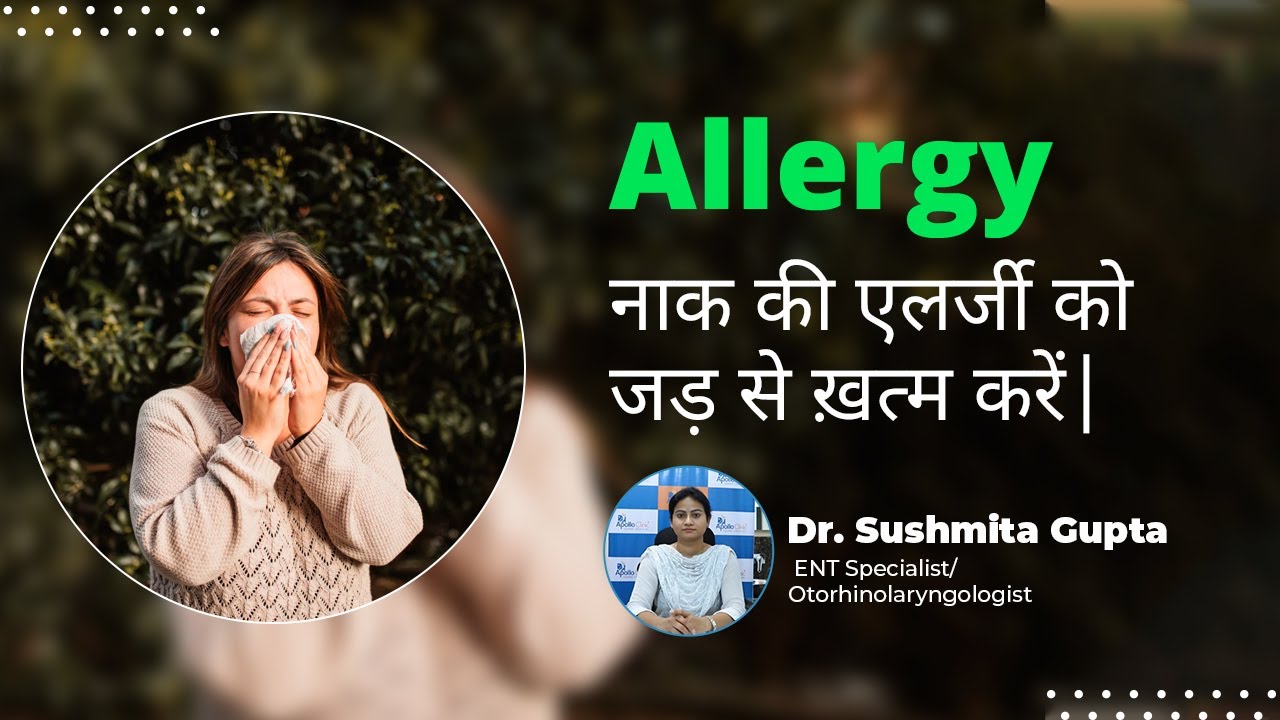Do sneezing and a runny nose are signs of allergies?
In this video, Dr. Sushmita Gupta, Consultant ENT at Apollo Clinic and CHD City Chandigarh, discusses the causes of sneezing and runny nose.
What is a sneezing and runny nose?
A sneeze is a sudden blast of air expelled from the lungs through the mouth or nose. Frequent sneezing results in a runny nose and leads to a common cold. It is one of the protective mechanisms of the body. It expels the allergens outside the nasal cavity.
Why does sneezing and a runny nose occur?
Sneezing may occur due to many reasons. They can be allergic or non-allergic. Various allergens, like pollen grains, dust particles, fungal mold, pet hairs, etc., trigger allergic sneezes.
Non-allergic rhinitis
Another condition is non-allergic rhinitis. The symptoms are similar to allergic rhinitis; however, the chemical mediators that trigger allergic response are absent. Non-allergic mediators include infection, runny nose or flu, irritant gases, fuels, dust particles, odor perfumes, hot and spicy food, and beverages. Even hormonal imbalance during pregnancy, menstruation, and conditions like hypothyroidism leads to non-allergic sneezing. Uncontrollable sneezing can also have psychological causes.
How to treat it?
Treating the underlying cause is the key to getting relief from constant sneezing. If one is allergic, one may take an anti-allergic decongestant and antihistamines. If it’s infectious, then one should take antibiotics. Avoid trigger agents as much as possible. If you suffer from hormonal imbalance, consult your doctor and seek proper treatment.
When should one worry about sneezing and a runny nose?
If the sneezing is excessive, chronic symptoms hamper your daily routine activity, and even after taking medicines, if it’s not reducing or getting worse, you must consult your doctor immediately and take proper treatment.
To know more, watch the full video.
Thank you.
